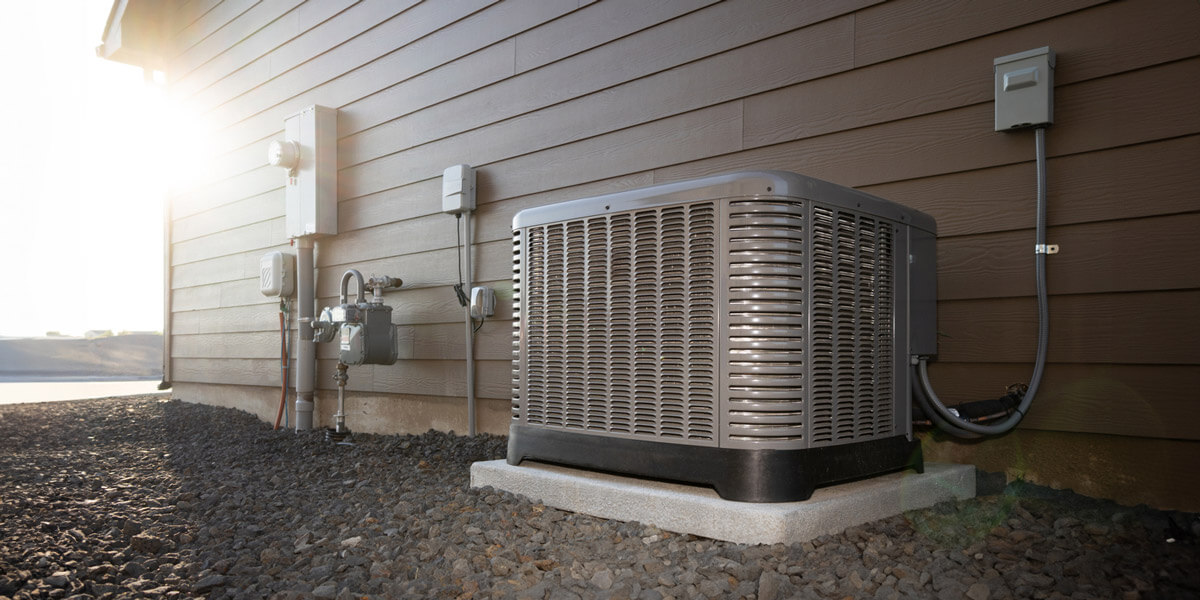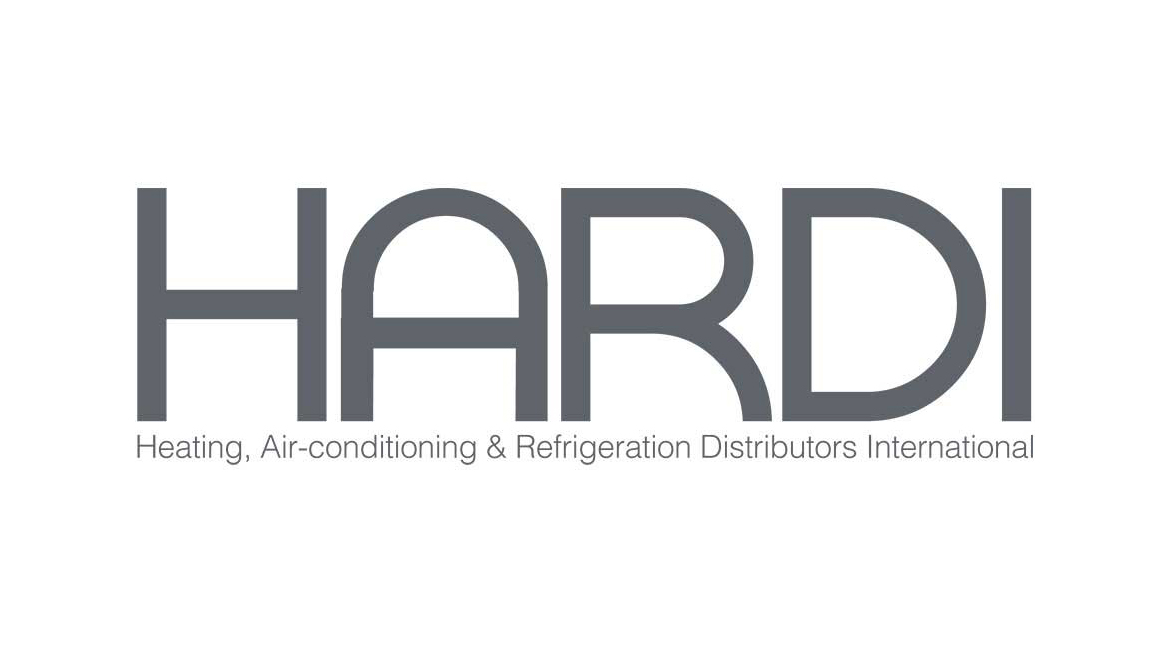As an Arizona homeowner, you rely heavily on your HVAC system to keep your home comfortable during scorching summers and chilly winters. One crucial component of your HVAC system that often goes unnoticed until problems arise is the capacitor. Let’s explore what an HVAC capacitor is, its function, and common issues that can occur, especially in our desert climate.
What is an HVAC Capacitor?
An HVAC capacitor is a small, cylindrical device that stores and releases electrical energy. It’s a vital component in your HVAC system, providing the extra boost of power needed to start the compressor and fan motors. Think of it as a temporary battery that delivers a jolt of electricity to get things moving.
There are typically two types of capacitors in your HVAC system:
- Start capacitors: These provide the initial surge of power to start the motors.
- Run capacitors: These maintain a continuous electrical charge to keep the motors running smoothly.
Why Capacitors are Crucial for Arizona Homes
In Arizona’s extreme heat, your air conditioning system works overtime. This increased workload puts extra stress on all components, including capacitors. A well-functioning capacitor ensures your system starts quickly and runs efficiently, which is essential for maintaining a cool home and manageable energy bills.
Common Capacitor Problems
Several issues can affect HVAC capacitors, particularly in the Valley of the Sun’s harsh climate:
- Heat damage: Prolonged exposure to high temperatures can cause the capacitor to bulge, leak, or even burst.
- Age-related wear: Like all components, capacitors have a limited lifespan. They typically last 10-20 years, but Arizona’s heat can shorten this.
- Power surges: Electrical storms or power grid issues can overload and damage capacitors.
- Incorrect sizing: If a replacement capacitor isn’t properly matched to your system’s requirements, it can lead to poor performance or premature failure.
Signs of a Failing Capacitor
Be on the lookout for these symptoms.
- Delayed start: Your AC takes longer than usual to turn on.
- Humming sound: You hear a constant humming, but the fan doesn’t start.
- Intermittent operation: The system turns on and off frequently.
When to Call a Professional
If you suspect capacitor issues, it’s best to call a licensed local HVAC professional. Capacitors store electrical charge and can be dangerous if mishandled. Additionally, a technician can ensure the correct diagnosis and proper replacement if needed. Bruce’s Air Conditioning & Heating professional technicians can inspect, repair or replace your capacitors. Call us today at 480-968-5652 to schedule your appointment.
Whether you require installation, repair, or maintenance, our technicians will assist you with top-quality service at any time of the day or night. Take comfort in knowing your indoor air quality is the best it can be with MOE heating & cooling services Ontario's solution for heating, air conditioning, and ventilation that’s cooler than the rest.
Contact us to schedule a visit. Our qualified team of technicians, are always ready to help you and guide you for heating and cooling issues. Weather you want to replace an old furnace or install a brand new air conditioner, we are here to help you. Our main office is at Kitchener but we can service most of Ontario's cities
Source link




Add Comment